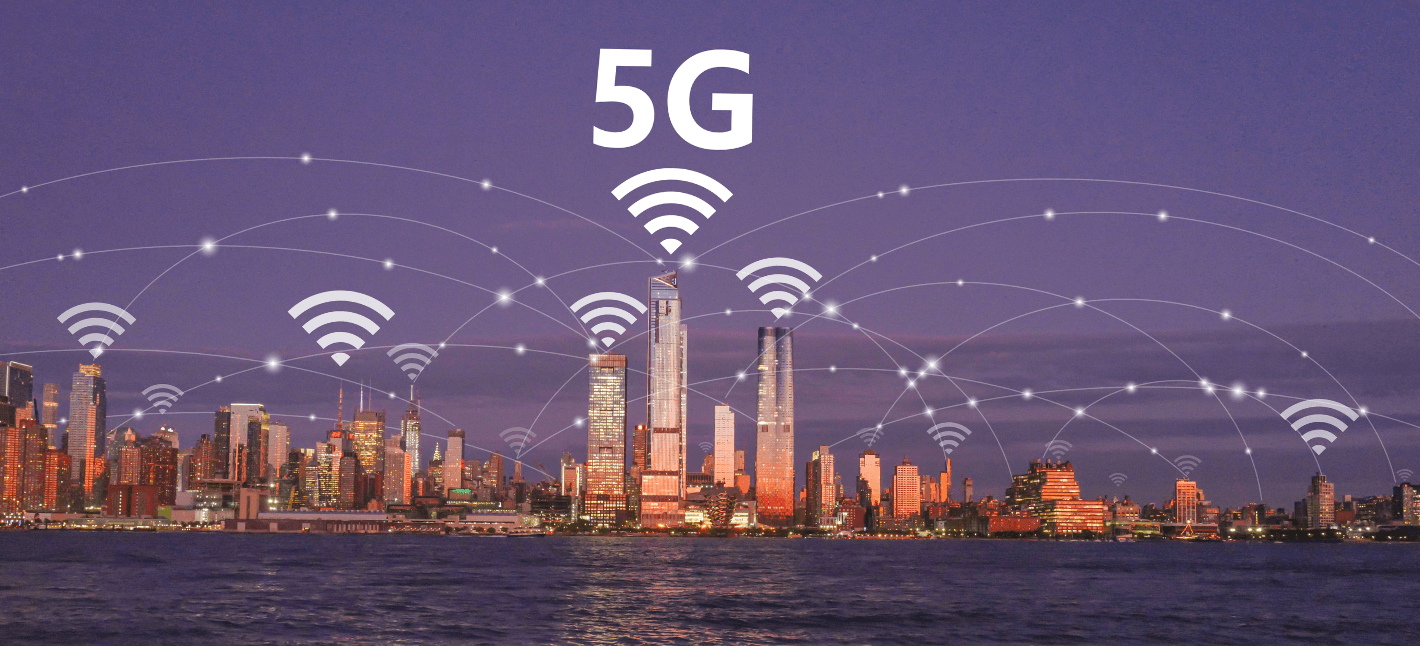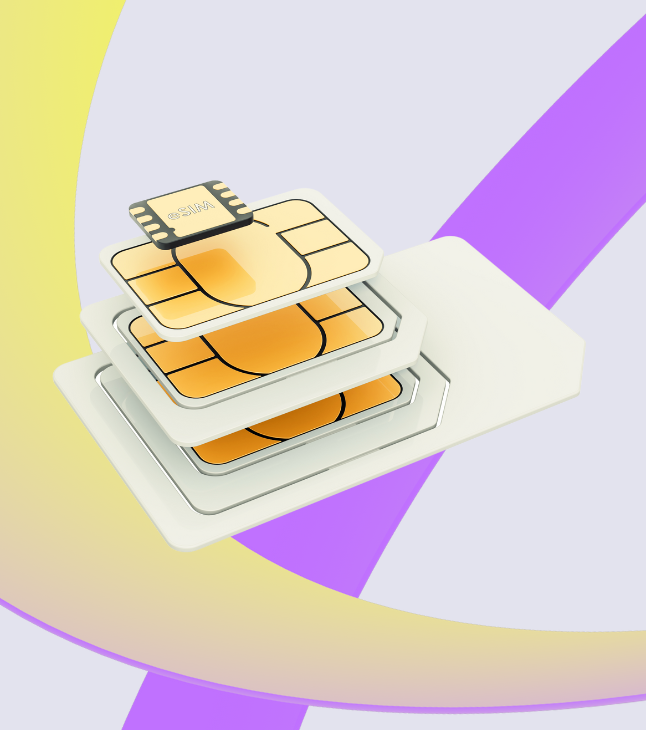IoT has reached into every industry, manifesting in various forms and capacities. As IoT implementations continue to expand, there is a heightened expectation for greater technological advancements. Central to this evolution is the emphasis on implementing the most effective connectivity solutions for IoT. Consequently, the emergence of the 5G IoT trend looms on the horizon.
Introduction to 5G IoT
5G IoT represents the fusion of two cutting-edge technologies: the Internet of Things (IoT) and 5G network connectivity, both of which are at the forefront of today’s tech landscape. The fifth generation of cellular network connectivity, or 5G, promises a significant advancement in data exchange, communication speed, minimal latency, and overall reliability.
Cellular networks of the past have played a role in supporting IoT to some extent. It’s truly intriguing to envision the potential that 5G cellular technology holds for IoT applications. The expanding landscape of IoT applications is already placing higher demands on network capabilities, and 5G IoT could very well be the long-awaited solution we’ve all been anticipating.
How is 5G changing the landscape of IoT?
What kind of impact can 5G have on IoT? What’s the hype around 5G IoT all about? Well, when you look at the statistics, it becomes clear – 5G is more than 100 times faster than its predecessor, 4G, under optimal conditions. This means that 5G IoT represents an enhanced version of IoT, offering remarkable speed, robust communication, significantly reduced latency, and the ability to bring real-time applications to life.
With 5G IoT, a vast array of smart devices will effortlessly communicate with one another, releasing boundless opportunities across a wide range of IoT applications. From optimizing smart cities to revolutionizing remote healthcare, 5G IoT holds the key to addressing numerous challenges, as outlined below.
Everything you need to know about IoT SIMs
Benefits of 5G IoT for Consumers and Businesses
Here’s a list of benefits that 5th-generation mobile networks can offer to consumers and businesses:
- High-speed connectivity:
Again, the first and most prominent advantage of 5G is that it offers a much higher speed that is quite unrivaled by any of the wireless or other mobile networks. It can help time-sensitive IoT applications communicate instantly with low latency and higher bandwidth. - Efficient applications:
5G’s speed and bandwidth make it a robust and capable choice for network communication. This instills greater confidence in IoT applications where network connection is a critical need. 5G IoT is an ideal choice for sectors such as healthcare, automation, and security applications. Its ability to minimize downtime and errors not only helps prevent losses but also facilitates business growth. - Unprecedented scalability:
The scalability of the 5G cellular network-based IoT solution is unparalleled. Higher bandwidth and network capacity allow IoT systems to incorporate and manage a huge number of smart devices. 5G IoT serves as a foundational element for scaling up vast solutions such as smart city applications. - Unique applications & use cases:
Traditional IoT solutions have long been constrained by conventional wireless connectivity limitations. However, 5G IoT shatters these barriers, paving the way for groundbreaking applications like driving assistance solutions, autonomous vehicles, and virtual and augmented reality to finally materialize.
Challenges and Concerns with 5G IoT
Although 5G cellular connectivity comes with numerous upgrades, it isn’t without the challenges and concerns that have plagued its predecessors. In the realm of 5G IoT, one of the most prominent challenges is addressing data security and privacy issues. With 5G IoT facilitating the exchange of larger volumes of data from IoT devices, the importance of safeguarding privacy and ensuring safety becomes a paramount consideration.
Another major concern of 5G IoT architecture is the cost of network infrastructure. 5G is costlier than the previous network protocols, and as such, it would be hard for an existing solutions provider to shift to an expensive and premium communication alternative at the moment.
Current and Future Applications of 5G IoT
5G IoT is already in deployment in several industries and locations. These applications majorly focus on extensive communication and higher speed:
- Autonomous vehicles
- Driving assistance solutions
- Real-time streaming protocol applications
- Telemedicine and remote healthcare
- Immersive IoT applications with IoT, AR/VR, and AI
The Role of 5G IoT in Smart Cities
Picture a bustling metropolis where every streetlight, every vehicle, every building, and every public service is seamlessly connected. Welcome to the world of Smart Cities, brought to life by the incredible potential of 5G IoT.
Smart city applications are nothing short of revolutionary, embracing a plethora of IoT devices spread across the urban landscape. Imagine sensors monitoring traffic flows, smart parking solutions, optimizing energy consumption, and enhancing public safety. This interconnected web of devices and data demands something exceptional – it demands 5G IoT.
Join the Smart City Revolution with Freeeway
Ready to be a part of this incredible transformation? Take the first step by filling out our contact form below. We’re offering free test IoT SIM cards customized for your unique use case. Don’t miss this chance to experience the future of connectivity.





